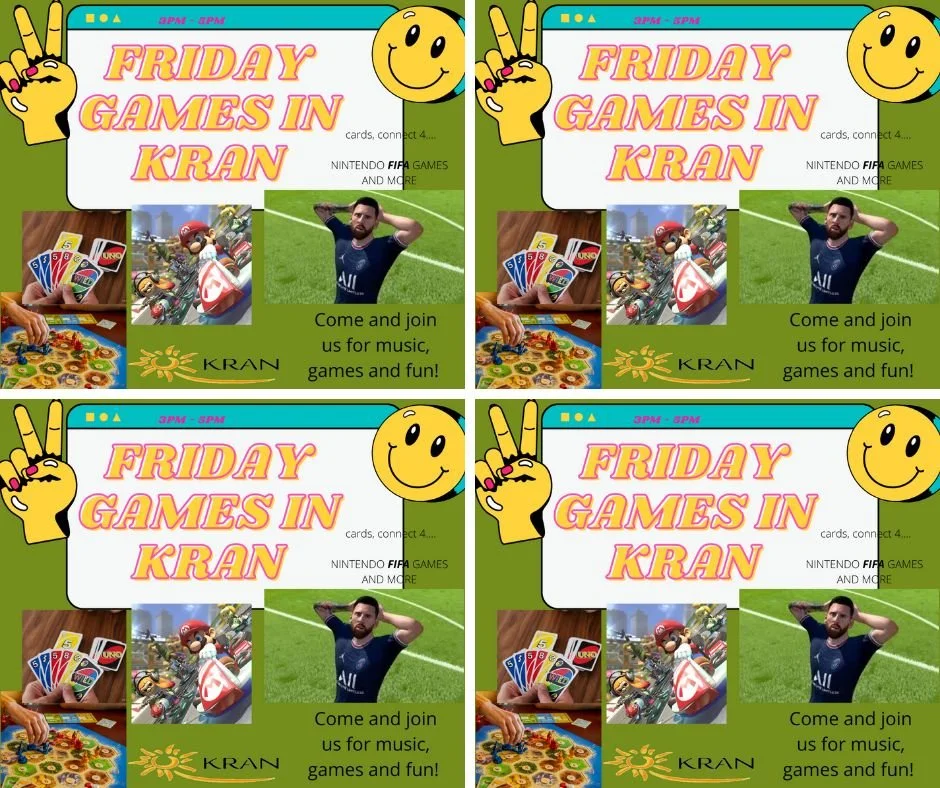Coping with Mental Health during lockdownS
M.A is a young refugee from Syria who came to the UK in 2019. Then he had hopes and dreams. 4 months later, things looked very different, and he had lost hope. From the start, there were many challenges, and everything seemed daunting. There was a completely new system, different traditions, strange weather, and no one spoke his language. That was OK, and he could handle that. But then came the COVID pandemic. This changed everything and started a cycle of severe depression. He lost his motivation to live as all began to look hopeless for him. This is the story of many like him.
Through the pandemic, all young refugees have all been hard hit while coming to terms with a new country. All of a sudden, we could not meet friends, or go to college or work. Things that were becoming easier became complicated, and as the months passed, our reality changed. Young refugees reacted differently, with some able to learn how to lead a normal life, while others struggled event more. This pushed KRAN to pay attention to mental health and resilience.
Isolation was having a serious effect of the mental health of young refugees who were isolated and only able to interact online. It became very difficult for all to get the right documents, with long delays slowing down everything. This was especially true for new arrivals, and created a sense of emptiness that came from not being able to understand the language, the system and this new situation. KRAN’s young people found it very difficult to cope with this isolation, for unable to meet their friends, they had no social support whatsoever.
At KRAN we saw that many young refugees and asylum seekers were showing symptoms of depressions. They were constantly sad and tired, were sleeping poorly, overeating, becoming agitated, could not concentrate, were despondent, restless and felt worthless.
To help, the KRAN Youth Ambassadors set up online meetings with our young people to share thoughts and feelings, and share our experiences on coping, new skills and thinking creatively. We shared what we had learned about active listening, storytelling, the importance of good mental health. These sessions helped young refugees a lot because it engaged them in activity.
We used the mental health sessions to share some of the strategies that we use when we feel stressed, anxious or lonely. Everyone gave an example of how they cope. Some described how their spiritual interests such as church or mosque gave them the strength to cope. Others told how online gatherings helped manage feelings of isolation. Many young refugees were resilient, perhaps owing to their experience in having a history of having to adapt to stressful situations.
After lockdown ended, we have now started a Fun Day once a week to meet our young people face to face. On these fun Fridays, we play board and video games, do quizzes, chat and snack together. We also share our thoughts and get to know one another better.



